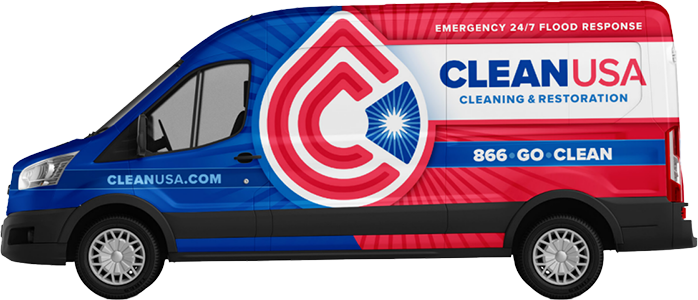Major Flood Damage and Flooded Basements
Major flood damage is unquestionably one of the most destructive events your home can experience and also one of the most emotionally stressful events you may endure.
Floods and water damage from major storms can affect your entire home, from the roof, to ceilings and walls to flooring and of course, your basement.

WHAT CAUSES MY BASEMENT TO FLOOD?
There is a new kind of storm hitting in Dekalb and Naperville in recent years—heavy rains that can be very local, very intense and very hard to predict. They can dump 2 inches or more per hour on neighborhoods. This volume of rain quickly overwhelms local sewers, which are not designed for such intense rainfall. Sewer mains fill up, and additional water pushes into basements through private drains.
There are two main sources for this additional rainfall. The first is catch basins in the street. These are the grated drains by the curbs that feed the main sewer through lateral pipes.
The second is water from rooftops. As much as 500 gallons of water can fall on the average residential rooftop. In the old days, City code required that gutter downspouts be connected to private drains that carry domestic water to sewers. This was fine for normal, old fashioned rains. But, when sewers are full, the water has nowhere to go but your basement. In essence, we are flooding ourselves.
 How to avoid basement flooding
How to avoid basement flooding
Many local homeowners, especially those whose homes lie in flood plains, are familiar with the heartbreak of descending their basement steps after a rain storm to find a soupy mess of murky water, wet and ruined clothes and waterlogged mementos.
But there are steps you can take to avoid being the next victim of a freak and unpredictable rainfall like we often see in the area.
Q: Why do basements flood so often?
A: It’s kind of simple, water seeks the path of least resistance and it finds its way through windows, drains or minuscule cracks in concrete floors or walls. It’s somewhat inevitable that all walls will have cracks, says Justin Elliott an expert in basement flood cleanup.
We see the most of our emergency flood cleanup calls from homes that have basements which are fully below the ground. In these cases, water has no way to drain away from the home. That’s what sump pumps are for, but they don’t always prevent flooded basements. That’s because sump pumps can fail due to power outages or because of malfunctions.
Q: What can a homeowner do to help water drain away from their homes?
A: Most of the problems with people having water or water damage in their basement are a result of improperly managing the roof water supply.
This means that you should make sure to route your drainpipe properly. Make sure to use pipes or hoses to carry the water away from the house. Avoid placing the drainpipe where it can saturate and pool next to the house. Route the water as far away to be sure to prevent water in your basement.
Q: How should homeowners protect against a leaky basement?
A: If your basement is leaky, taking the appropriate steps to protect your belongings can ease the stress if your basement does flood. We recommend using plastic totes instead of boxes to store belongings. Also, be familiar with local companies who offer emergency water extraction services. These companies can help obscure the effects of a flooded basement.
Q: How can a basement flood be cleaned up?
A: The first step to recovery after a flooded basement is to remove the standing water. Use caution making sure all electrical dangers have been taken care of. Standing water can wreak havoc on appliances, floor coverings like carpets can remain wet, and walls can begin to wick moisture. This can cause musty odors as mold and bacteria begin to grow.
Most coverings can be salvaged if they are cleaned in time, such as carpeting, but it will depend on how clean the water is. A sewage filled carpet is not cleanable. Contacting a company who is able to remove the water and respond within 24 hours is important.
After standing water is removed, homeowners should use fans and dehumidifiers to remove the water from the affected structures and coverings. A professional restoration contractor will utilize commercial dehumidifiers and air movers to dry out the structure in most cases, within 3 days.
 Q: Am I insured against a basement flood?
Q: Am I insured against a basement flood?
A: Typical homeowners insurance does not cover damage from flooding. Homeowners should check with their local insurance agents for coverage’s such as flood insurance and water backup coverage.
Clean USA Cleaning & Restoration is a professional water removal and basement cleanup service servicing the DeKalb and Naperville IL areas. Call 877-754-1226 for 24 Hr Water Extraction/Dryout service




